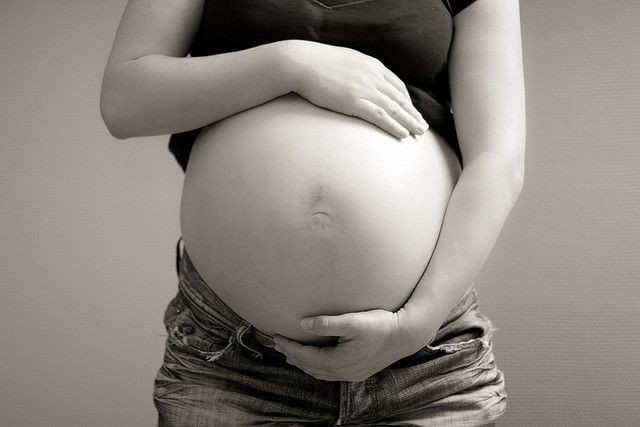Artificial Pancreas Lets Pregnant Woman With Diabetes Give Birth Naturally

This Tuesday, Catriona Finlayson-Wilkins, 41, of England, became the first diabetic in the world to give birth naturally after using an artificial pancreas throughout her pregnancy. Experts hope that the research from her pregnancy will help save the lives of more pregnant diabetic women and improve the health of their babies.
Finlayson-Wilkins is the fourth diabetic woman to carry out a successful pregnancy and childbirth after using an artificial pancreas, but she is the first to not only wear the device outside of the Cambridge University testing site but also deliver vaginally, the BBC reported.
Finlayson-Wilkins has type 1 diabetes, and like other women with this condition, pregnancy can be especially risky, both for mother and baby.
"Women who have diabetes in pregnancy face higher rates of birth defects, over-sized babies, pre-term delivery, and stillbirth than other pregnant women," Dr. Helen Murphy, principal investigator of the study Finlayson-Wilkins took part in, explained, as reported by the BBC.
The pancreas helps to produce enzymes and hormones involved in digestion. It also produces the hormone insulin, which is used to regulate the body’s glucose levels. An artificial pancreas is a device worn outside the body that helps to both control blood glucose levels and automate insulin delivery using a digital sensor. The sensor feeds information to a computer, which then informs the insulin pump how much of the hormone to inject.
Finlayson-Wilkins's type 1 diabetes means she's unable to control her blood sugar levels because her pancreas has stopped producing insulin. The artificial pancreas allowed Finlayson-Wilkins to overcome this insulin deficiency by constantly monitoring her glucose levels and automatically injecting insulin whenever these dropped too low.
Babies are more sensitive to low blood sugar than their mothers, and according to Murphy, around half of all babies born to mothers with type 1 diabetes are overweight or obese at birth because there is too much sugar in the blood.
Diabetes during pregnancy is not only a risk to the baby’s health but can also put the mother in danger. During pregnancy some women lose the normal warning signs of sharp drops in blood sugar, and this puts the baby at risk for potentially fatal hypoglycemic attacks. In addition, natural childbirth is especially difficult for diabetic women. It’s estimated that between 45 to 70 percent of all diabetic pregnancies result in cesarean birth, compared to only 21 percent in the general population. This is because of their tendency to have impaired uterine contractility during labor.
"Treating diabetes in pregnancy can be particularly challenging because hormone levels are constantly changing and blood sugars can be difficult to predict," Murphy said.
She hopes that the results of Finlayson-Wilkins's pregnancy can go on to help other diabetic women have both healthy pregnancies and healthy babies. The results of the ongoing National Institutes of Health's research study on the effectiveness of artificial pancreases during pregnancy will be published later this year.



























